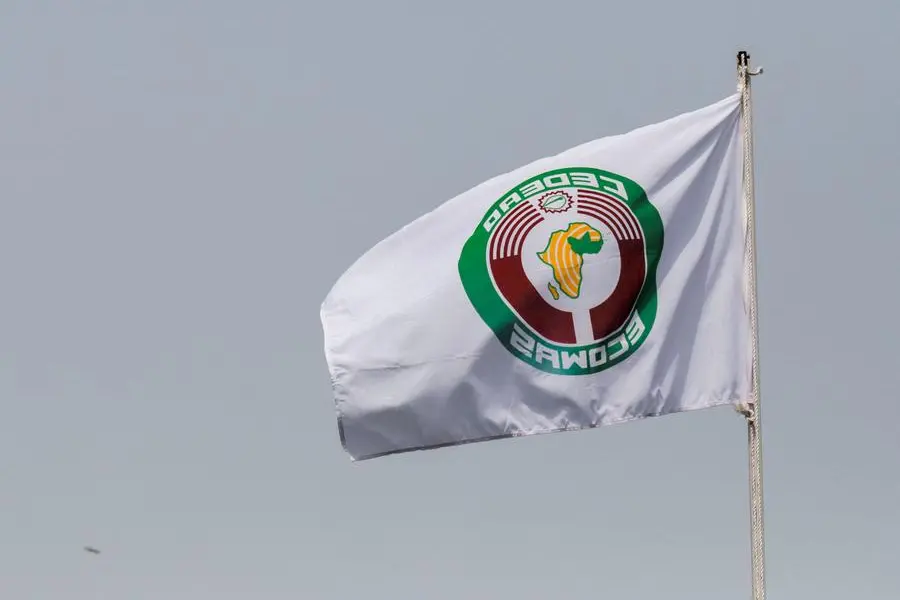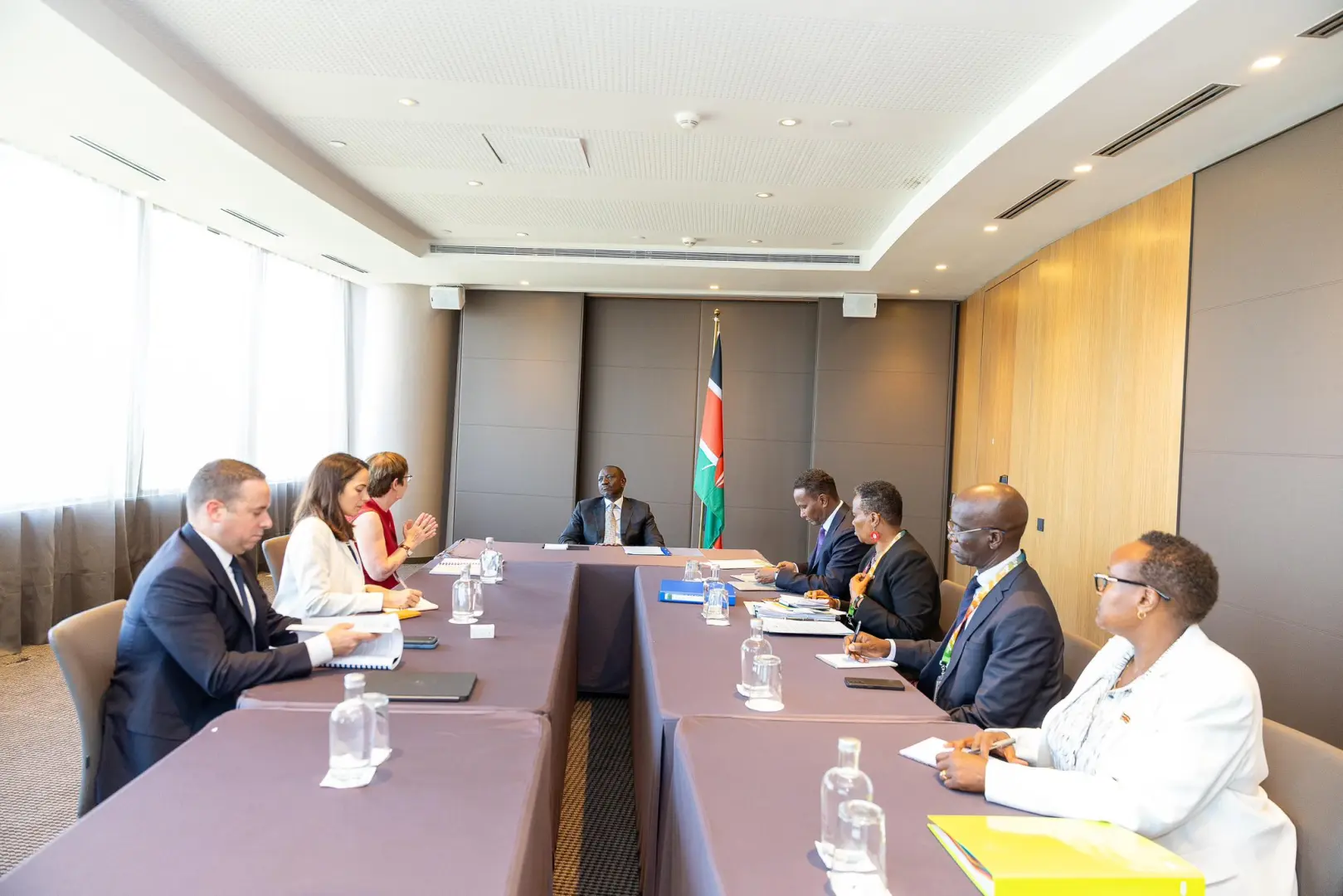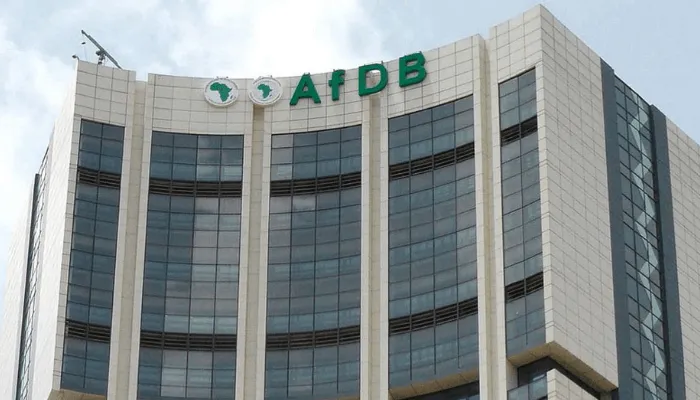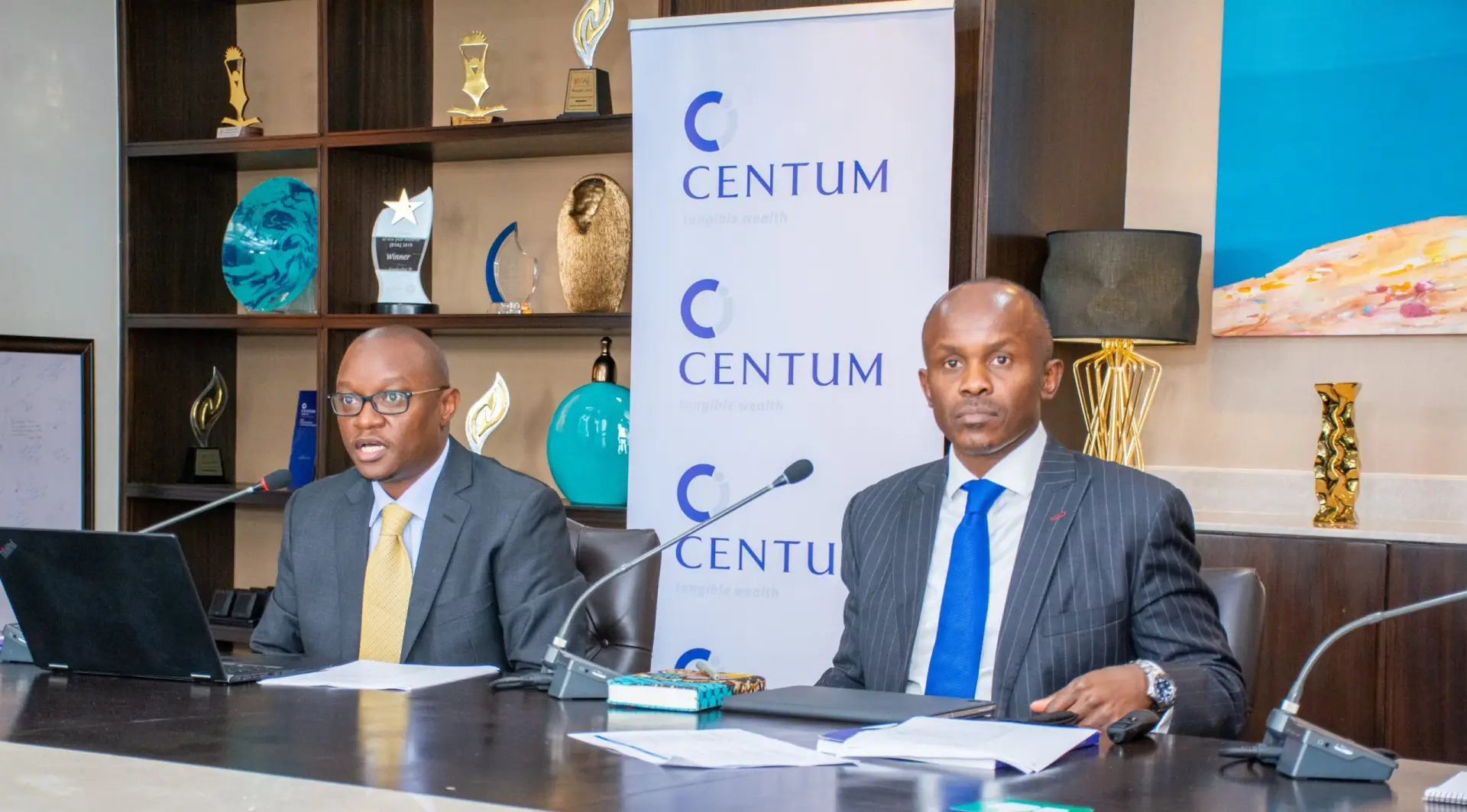In a move set to transform the environmental and economic landscape of West Africa, the ECOWAS Bank for Investment and Development (EBID) and the European Investment Bank (EIB) have launched a financial partnership valued at approximately €150 million, with a core credit line of €100 million—roughly equivalent to a $105 million investment at current exchange rates. This initiative, supported by the European Union (EU), marks a decisive step toward promoting climate action and sustainable development across the Economic Community of West African States (ECOWAS) region.
The agreement, signed on February 28, 2025, signals the first collaboration between EBID and the EIB, demonstrating a shared commitment to address the pressing challenges of climate change, environmental degradation, and socioeconomic inequality. By mobilizing substantial financial resources, the partnership is designed to bridge critical financing gaps in key sectors such as renewable energy, sustainable agriculture, and water treatment, with the overarching aim of reducing poverty and enhancing livelihoods in one of Africa’s most dynamic regions.
Addressing West Africa’s Climate and Economic Challenges
West Africa faces a host of intertwined challenges that are exacerbated by climate change. Many countries in the ECOWAS bloc are particularly vulnerable to the adverse effects of a warming climate, including prolonged droughts, erratic rainfall, and water scarcity. These environmental pressures contribute to food insecurity and economic instability, making the region highly dependent on external support to build climate resilience.
Renewable energy, sustainable agriculture, and water management are seen as critical sectors where targeted investments can yield transformative benefits. With more than half a billion people in Africa lacking reliable access to electricity, renewable energy projects—especially photovoltaic solar installations—are poised to provide not only cleaner power but also improved public health and economic opportunities. Similarly, investments in sustainable agriculture can boost productivity, enhance food security, and empower rural communities, while modern water treatment solutions are essential for both public health and industrial development.
A Strategic Partnership for Sustainable Development
The newly announced partnership between EBID and EIB is designed to tackle these challenges head-on. The €100 million credit line forms the backbone of a larger €150 million financing envelope that will target high-impact projects across the ECOWAS region. This financing structure is intended to catalyze investments in projects that are aligned with both the region’s immediate needs and its long-term strategic goals.
Key Investment Sectors
Renewable Energy:
The facility will support small and medium-sized photovoltaic solar projects as well as other clean energy solutions. These projects are critical in an area where many communities still lack stable and affordable electricity. By harnessing the region’s abundant solar potential, the initiative aims to reduce dependency on fossil fuels, lower greenhouse gas emissions, and provide cost-effective energy to households and businesses alike.
Sustainable Agriculture:
Given the critical importance of agriculture to West Africa’s economy, a significant portion of the funds will be directed toward sustainable farming practices. These initiatives will promote the adoption of modern agricultural technologies, improve water use efficiency, and encourage practices that build resilience against climate shocks. In turn, these measures are expected to contribute to higher crop yields, improved food security, and enhanced rural incomes.
Water Treatment and Environmental Conservation:
Investment in water treatment infrastructure will be vital in addressing both public health and environmental sustainability. The financing will help upgrade water treatment facilities, ensuring that communities have access to clean water while reducing industrial pollution. Additionally, environmental conservation initiatives will safeguard biodiversity and natural resources, helping to mitigate the long-term impacts of climate change.
Aligning with Regional and Global Strategies
The partnership is not an isolated initiative—it dovetails with several key regional and global strategies designed to foster sustainable development.
ECOWAS Vision 2050 and the Regional Climate Strategy
At the heart of the agreement is the alignment with ECOWAS Vision 2050, a forward-looking blueprint for economic transformation and regional integration. The vision emphasizes environmental protection, private sector development, and the creation of a resilient economic infrastructure that can withstand future climate challenges. In parallel, the ECOWAS Regional Climate Strategy and the 2022-2030 Action Plan provide a comprehensive framework for building climate resilience across West Africa. These strategic documents outline specific targets and measures to mitigate climate risks, promote renewable energy, and enhance regional cooperation on environmental issues.
EU Global Gateway Initiative
The EIB’s involvement in the partnership is further bolstered by its role in the EU Global Gateway Initiative—a flagship project aimed at fostering sustainable infrastructure and stronger connectivity with partner regions. With a target of mobilizing €100 billion in investments by 2027, the Global Gateway seeks to create resilient supply chains, spur economic growth, and promote high-standard infrastructure projects. As part of this initiative, the EIB is focusing on key sectors such as renewable energy, digital economy, agriculture, and transport, which are all critical to the sustainable development of the ECOWAS region.
Advancing the Sustainable Development Goals (SDGs)
The partnership contributes directly to several United Nations Sustainable Development Goals (SDGs), reinforcing its global significance:
- SDG 7 – Affordable and Clean Energy: By financing renewable energy projects, the initiative aims to ensure universal access to affordable, reliable, and modern energy services.
- SDG 6 – Clean Water and Sanitation: Investments in water treatment and sanitation will provide communities with access to clean water, improving health outcomes and quality of life.
- SDG 2 – Sustainable Agriculture: Support for sustainable farming practices will increase food security and bolster rural economies.
- SDG 3 and SDG 4 – Health and Quality Education: Better infrastructure and economic growth contribute indirectly to improved public health and educational outcomes.
Voices from the Partnership
Key stakeholders have expressed optimism about the transformative potential of the partnership. Dr. Mory Soumahoro, EBID Vice President of Risk and Control, stated, “This partnership demonstrates EBID’s commitment to supporting regional member countries’ access to sustainable sources of finance.” His remarks underline the importance of creating financial mechanisms that empower local governments and private enterprises to invest in long-term, sustainable projects.
Ambroise Fayolle, EIB Vice-President, highlighted the broader implications of the initiative, saying, “This operation will help bridge the financial gap in this region while contributing to poverty reduction and improving daily lives. Through EIB Global, we aim to support the EU’s Global Gateway Initiative and key sectors such as renewable energy, digital economy, agriculture, and transport.” Fayolle’s comments reflect the dual objectives of economic growth and environmental stewardship that underpin the project.
European Commissioner for International Partnerships, Jozef Síkela, added, “More than half a billion people in Africa still lack access to electricity. Our long-standing goal is to change that. This partnership is a clear demonstration of our commitment to supporting sustainable development and climate action in Africa. By mobilizing €300 million for clean energy projects, we are empowering people in the ECOWAS region to build a greener and more prosperous future.” Síkela’s vision reinforces the strategic importance of leveraging international finance to address critical infrastructural gaps.
The Role of Technical Assistance and Capacity Building
An essential component of the partnership is the accompanying technical assistance program, which is designed to offer training and capacity-building support for climate action-focused projects. This program will empower local stakeholders—government officials, financial institutions, and project developers—with the necessary skills and knowledge to effectively implement and manage sustainable infrastructure projects.
By providing technical assistance, the initiative ensures that funds are deployed efficiently and that projects adhere to best practices in environmental management and financial governance. This capacity-building aspect is crucial in creating a lasting impact; it helps local communities not only to benefit from immediate investments but also to sustain these gains over the long term. The knowledge transfer facilitated by the program is expected to enhance the overall effectiveness of climate action projects, thereby contributing to a more resilient and adaptive economic environment in the ECOWAS region.
Broader Impact on Regional Integration and Economic Growth
The partnership between EBID and EIB extends its influence well beyond environmental sustainability. By injecting much-needed capital into key sectors, the initiative is expected to generate significant economic benefits across West Africa. Improved infrastructure and reliable energy supplies can spur private sector development, drive innovation, and create new job opportunities—a critical factor in reducing poverty and fostering economic inclusion.
Job Creation and Poverty Reduction
The financing of renewable energy projects, for instance, is not only a climate imperative but also a potent driver of job creation. The establishment of solar farms and other clean energy installations requires skilled labor, from engineering and construction to operations and maintenance. These employment opportunities can have a transformative effect on local economies, providing stable incomes and boosting household spending power. Moreover, by reducing the cost of energy and improving access to reliable power, businesses can lower operational costs, enhance productivity, and compete more effectively in both regional and global markets.
Strengthening Regional Integration
ECOWAS has long championed regional integration as a pathway to economic prosperity. The new financing facility aligns with this vision by supporting projects that have cross-border benefits and promote collaboration among member states. Investments in shared infrastructure, such as regional power grids and water management systems, can facilitate trade and connectivity, further cementing economic ties within the region. Such integration is vital for creating a more unified market, which in turn attracts additional foreign investment and accelerates sustainable development.
Lessons from Global Climate Finance Initiatives
The EBID-EIB partnership draws on lessons learned from similar climate finance initiatives around the world. In recent years, global financial institutions and development banks have increasingly recognized that addressing climate change requires not only innovative financing solutions but also comprehensive support for policy reform and institutional capacity building. Successful projects in Latin America, Southeast Asia, and even other parts of Africa have demonstrated the effectiveness of combining financial support with technical assistance to ensure sustainable outcomes.
For example, the African Development Bank (AfDB) has spearheaded several initiatives aimed at scaling up renewable energy investments across the continent. These projects have leveraged a mix of concessional finance, risk mitigation instruments, and capacity-building measures to create enabling environments for private sector participation. Similarly, the World Bank’s Climate Investment Funds have provided catalytic support to a wide range of projects that reduce greenhouse gas emissions and improve resilience. The current partnership in the ECOWAS region is expected to build on these successes, adapting proven models to the specific needs and opportunities of West Africa.
Future Outlook: Scaling Up and Long-Term Impact
Looking ahead, the EBID and EIB collaboration is poised to serve as a catalyst for broader climate action in West Africa. As projects under this facility take off, the partnership may pave the way for additional investments and strategic collaborations in the region. There is significant potential for scaling up the current initiatives to mobilize even larger pools of capital, which could further accelerate the transition to a low-carbon economy.
Potential for Additional Collaborations
The success of this initiative could encourage other international and regional financial institutions to partner with local entities, thereby creating a vibrant ecosystem of sustainable investment. Such collaborations may include joint ventures with private investors, partnerships with technology providers specializing in renewable energy, and collaborations with research institutions focused on climate resilience. By fostering a multi-stakeholder approach, the ECOWAS region could emerge as a model for integrated climate finance that effectively bridges public and private resources.
Enhancing Resilience and Adaptive Capacity
Beyond the immediate economic benefits, the long-term impact of the partnership will be measured by its ability to enhance resilience and adaptive capacity in the face of climate change. Investments in infrastructure, education, and technology will not only mitigate the effects of climate change but also empower communities to thrive in a rapidly evolving global landscape. Improved access to clean energy and water, for example, can have transformative effects on public health, education, and overall quality of life—key pillars of sustainable development.
A Blueprint for Sustainable Transformation
Ultimately, the EBID-EIB partnership represents more than a financial transaction—it is a blueprint for sustainable transformation in West Africa. By addressing fundamental challenges through targeted investments, capacity building, and regional integration, the initiative embodies a holistic approach to development. As the region navigates the complexities of climate change and economic uncertainty, this strategic alliance stands as a testament to the power of collaboration and innovation in driving positive change.
Concluding Reflections
The announcement of this €150 million financing envelope, anchored by a €100 million credit line, is a timely and decisive intervention in the ECOWAS region. As West Africa grapples with the dual challenges of climate change and economic underdevelopment, the partnership between EBID and EIB—backed by the strategic vision of the EU—offers a much-needed infusion of capital, expertise, and long-term commitment.
From boosting renewable energy capacity and modernizing agricultural practices to enhancing water treatment infrastructure and promoting environmental conservation, the multifaceted approach of the initiative promises to create ripple effects that extend well beyond the immediate beneficiaries. It is a critical step toward achieving the Sustainable Development Goals, reducing poverty, and laying the groundwork for a more resilient, integrated, and prosperous West Africa.
The collaborative framework of this partnership—encompassing financial support, technical assistance, and strategic policy alignment—serves as an exemplary model for addressing climate and development challenges in emerging markets. As stakeholders from local governments to international institutions come together under this initiative, they signal a collective determination to transform challenges into opportunities, driving sustainable growth and fostering a greener future for generations to come.
In the coming years, as projects under this facility mature and new collaborations emerge, the lessons learned and best practices developed in West Africa could offer valuable insights for similar efforts across the globe. The commitment demonstrated by EBID, EIB, and the EU is not only a reflection of their shared vision for sustainable development but also a powerful message to the international community: that through concerted effort and innovative financing, even the most pressing challenges of our time can be overcome.
As the region embarks on this bold new chapter, market observers and development experts will be watching closely to see how these investments translate into tangible improvements in energy access, economic stability, and environmental health. The partnership stands as a beacon of hope—a reminder that strategic collaboration and smart investments can pave the way for a more sustainable, inclusive, and resilient future in West Africa and beyond.
Ready to take your career to the next level? Join our dynamic courses: ACCA, HESI A2, ATI TEAS 7 , HESI EXIT , NCLEX – RN and NCLEX – PN, Financial Literacy!🌟 Dive into a world of opportunities and empower yourself for success. Explore more at Serrari Ed and start your exciting journey today! ✨
photo source: Google
By: Montel Kamau
Serrari Financial Analyst
5th March, 2025
Article, Financial and News Disclaimer
The Value of a Financial Advisor
While this article offers valuable insights, it is essential to recognize that personal finance can be highly complex and unique to each individual. A financial advisor provides professional expertise and personalized guidance to help you make well-informed decisions tailored to your specific circumstances and goals.
Beyond offering knowledge, a financial advisor serves as a trusted partner to help you stay disciplined, avoid common pitfalls, and remain focused on your long-term objectives. Their perspective and experience can complement your own efforts, enhancing your financial well-being and ensuring a more confident approach to managing your finances.
Disclaimer: This article is for informational purposes only and does not constitute financial advice. Readers are encouraged to consult a licensed financial advisor to obtain guidance specific to their financial situation.
Article and News Disclaimer
The information provided on www.serrarigroup.com is for general informational purposes only. While we strive to keep the information up to date and accurate, we make no representations or warranties of any kind, express or implied, about the completeness, accuracy, reliability, suitability, or availability with respect to the website or the information, products, services, or related graphics contained on the website for any purpose. Any reliance you place on such information is therefore strictly at your own risk.
www.serrarigroup.com is not responsible for any errors or omissions, or for the results obtained from the use of this information. All information on the website is provided on an as-is basis, with no guarantee of completeness, accuracy, timeliness, or of the results obtained from the use of this information, and without warranty of any kind, express or implied, including but not limited to warranties of performance, merchantability, and fitness for a particular purpose.
In no event will www.serrarigroup.com be liable to you or anyone else for any decision made or action taken in reliance on the information provided on the website or for any consequential, special, or similar damages, even if advised of the possibility of such damages.
The articles, news, and information presented on www.serrarigroup.com reflect the opinions of the respective authors and contributors and do not necessarily represent the views of the website or its management. Any views or opinions expressed are solely those of the individual authors and do not represent the website's views or opinions as a whole.
The content on www.serrarigroup.com may include links to external websites, which are provided for convenience and informational purposes only. We have no control over the nature, content, and availability of those sites. The inclusion of any links does not necessarily imply a recommendation or endorsement of the views expressed within them.
Every effort is made to keep the website up and running smoothly. However, www.serrarigroup.com takes no responsibility for, and will not be liable for, the website being temporarily unavailable due to technical issues beyond our control.
Please note that laws, regulations, and information can change rapidly, and we advise you to conduct further research and seek professional advice when necessary.
By using www.serrarigroup.com, you agree to this disclaimer and its terms. If you do not agree with this disclaimer, please do not use the website.
www.serrarigroup.com, reserves the right to update, modify, or remove any part of this disclaimer without prior notice. It is your responsibility to review this disclaimer periodically for changes.
Serrari Group 2025





